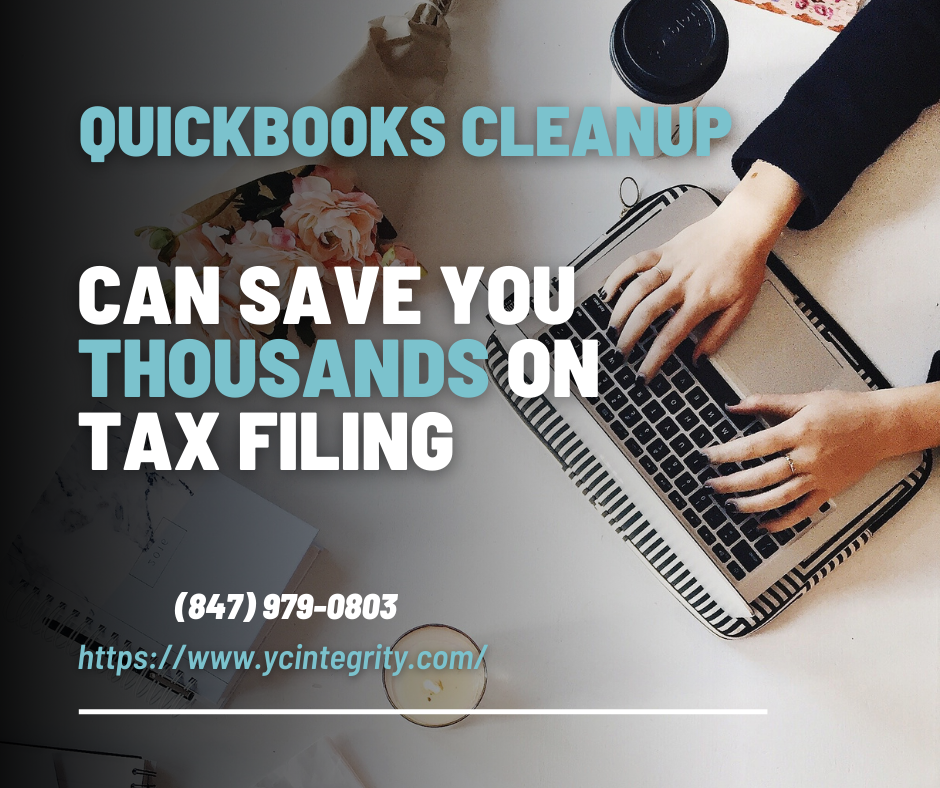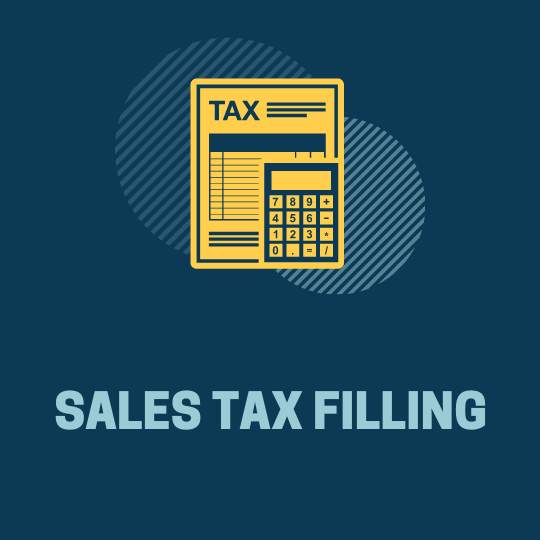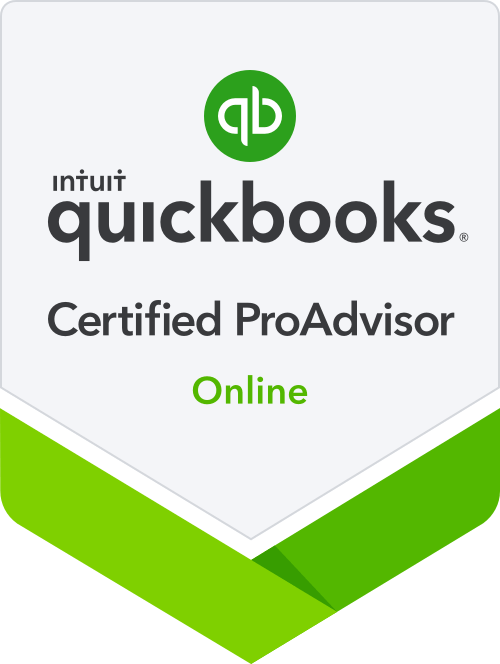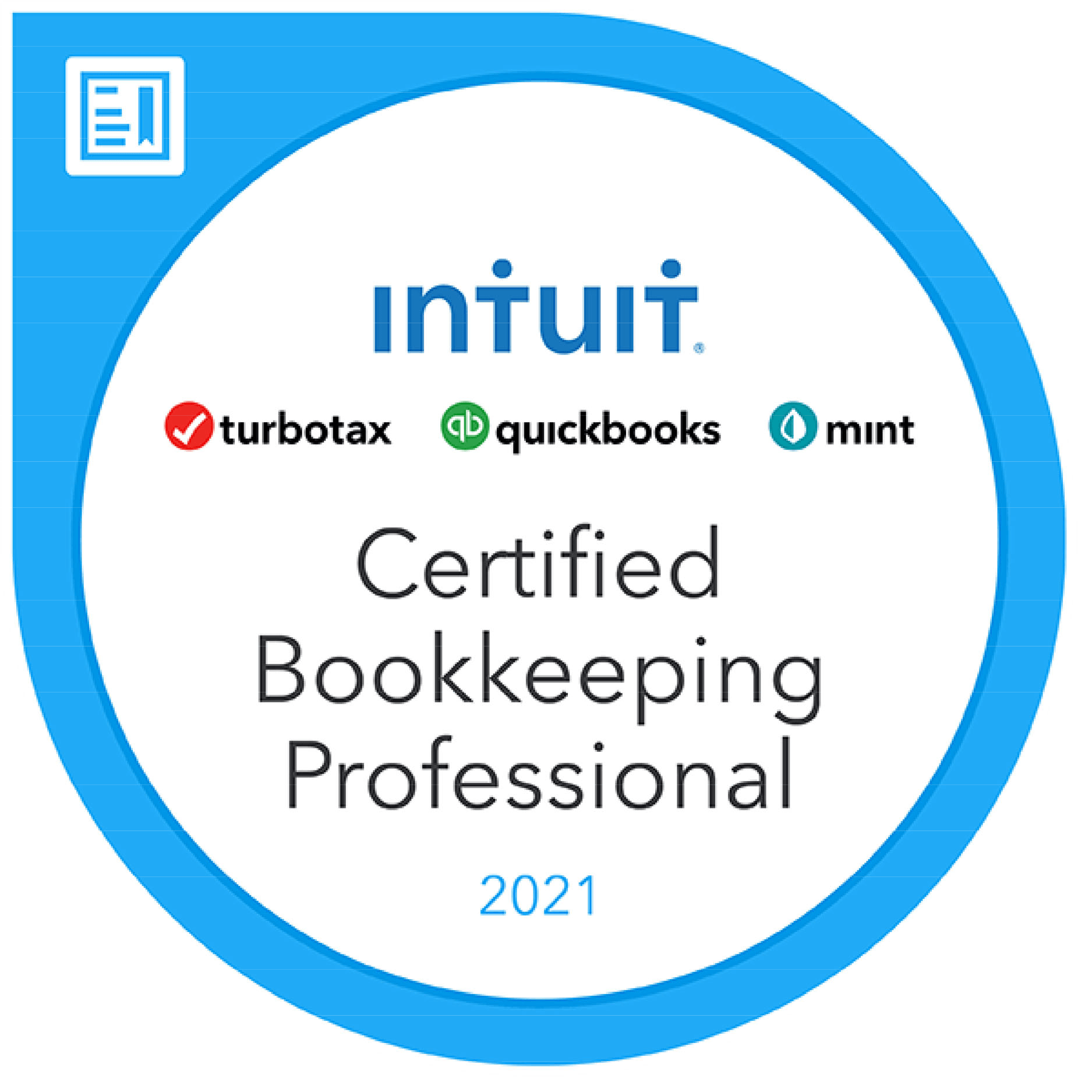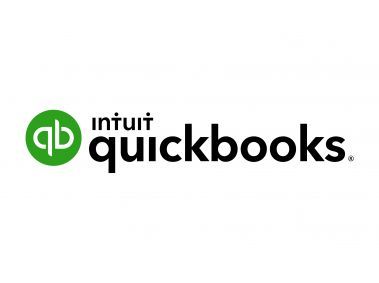Important Business and Financial Terms to Know
Growing your business is a constant learning curve, whether you are a start-up or a seasoned entrepreneur. You are required to learn new things to take your business to new heights.
But this is more than learning strategies and plans. It also requires you to take note of one of the most important aspects of running a business—the financial health of your business.
To determine the financial health of your business, it is important to go through your balance sheets, bank statements, and profit/loss documents. And to understand these things better you need to understand the glossary. It makes sense to understand what the term “asset” means or when your accountant says “accounts payable”. So knowing the "language" of corporate finance is an integral part of your job as an owner.
And you don’t have to be an accountant or financial planner to learn these things. Here are some business terms and financial terms you should know about.

Accounts payable
Accounts payable represents your business obligation to pay debts owed to lenders, suppliers, and creditors. Accounts payable can be short or long-term depending on the type of credit provided to the business by the lender.
Accounts receivable
Accounts receivable is another term that means money owed to your business by others for goods or services rendered. These accounts are labeled as assets because they represent a legal obligation for the customer to pay their debt in the short term.
Basis of competence
The accrual basis is an accounting method for recording income when it is actually earned and expenses when it actually occurs. Accrual accounting is the most common approach used by larger companies to record and maintain financial transactions.
Accruals
It refers to expenses incurred but not yet recorded in the books. Salaries and payroll taxes are common examples.
Asset
It refers to anything that has value, tangible or intangible, and is owned by the company is considered an asset. Typical items listed as business assets are cash, credits, buildings, equipment, inventory, and anything else that can be turned into cash.
Balance sheet
Along with three other reports relating to the financial health of your business, the balance sheet is essential information that provides a “snapshot” of the company's net worth at any given time. The report is a summary of the company's assets and liabilities.
Accounting
It involves the timely recording of all financial transactions for the company.
Capital
It refers to the overall wealth of a company, as evidenced by its cash, asset, and investment accounts. Often referred to as “fixed assets”, it refers to the long-term value of the asset. Capital can be tangible, such as durable goods, buildings, and equipment, or intangible, such as intellectual property.
Working capital
Not to be confused with fixed capital, working capital is another corporate finance term. It consists of the financial resources necessary to maintain the daily operations of the company. Working capital, by definition, is the company's liquidity or instruments that you can quickly convert into cash.
Cash flow
Every business needs cash to function. The term and definition of corporate finance cash flow refer to the amount of operating liquidity that “flows” through the business and affects the company's liquidity. Cash flow reports reflect activity for a specified period of time, usually an accounting period or a month. Maintaining tight cash flow control is especially important if your business is new, as ready liquidity can be limited until the business begins to grow and produce more working capital.
Cash flow projections
Future business decisions will depend on your cash flow projections. To plan forthcoming expenses and working capital in advance, you need to depend on previous cash flow patterns. It will give you a complete insight into how and when you receive and spend your money. This information is the key to unlocking informed and accurate cash flow projections.
Depreciation
The value of any asset can be said to depreciate when it loses part of that value in increments over time. Depreciation occurs due to wear. Various depreciation methods are used by businesses to decrease the recorded value of assets.
Fixed capital
A long-term tangible asset that is used for the asset and that is not expected to be sold or otherwise converted into cash during the current or upcoming fiscal year is called a fixed asset. Fixed assets are items such as furniture, computer equipment, equipment, and real estate.
Gross profit
This term and definition of corporate finance, gross profit also called gross profit can be calculated as the total sales (income) minus the costs (expenses) directly related to those sales. Raw materials, production costs, labor costs, marketing, and freight transport are all included in the expenses.
Intangible assets
A business asset that is not physical is considered intangible. These assets can be elements such as patents, goodwill, and intellectual property.
Liability
This key corporate finance term is a legal obligation to repay or otherwise pay off a debt. Liabilities are considered current (payable within one year or less) or long-term (payable after one year) and are listed on a company's balance sheet. Accounts payable, salaries, taxes, and accrued expenses of a company are all considered liabilities.
The Bottom Line:
Hope this financial glossary would help you understand the common yet important terms used to determine the financial aspect of your business. Well, there could be many more terms which we are looking forward to presenting in the next blogs.

